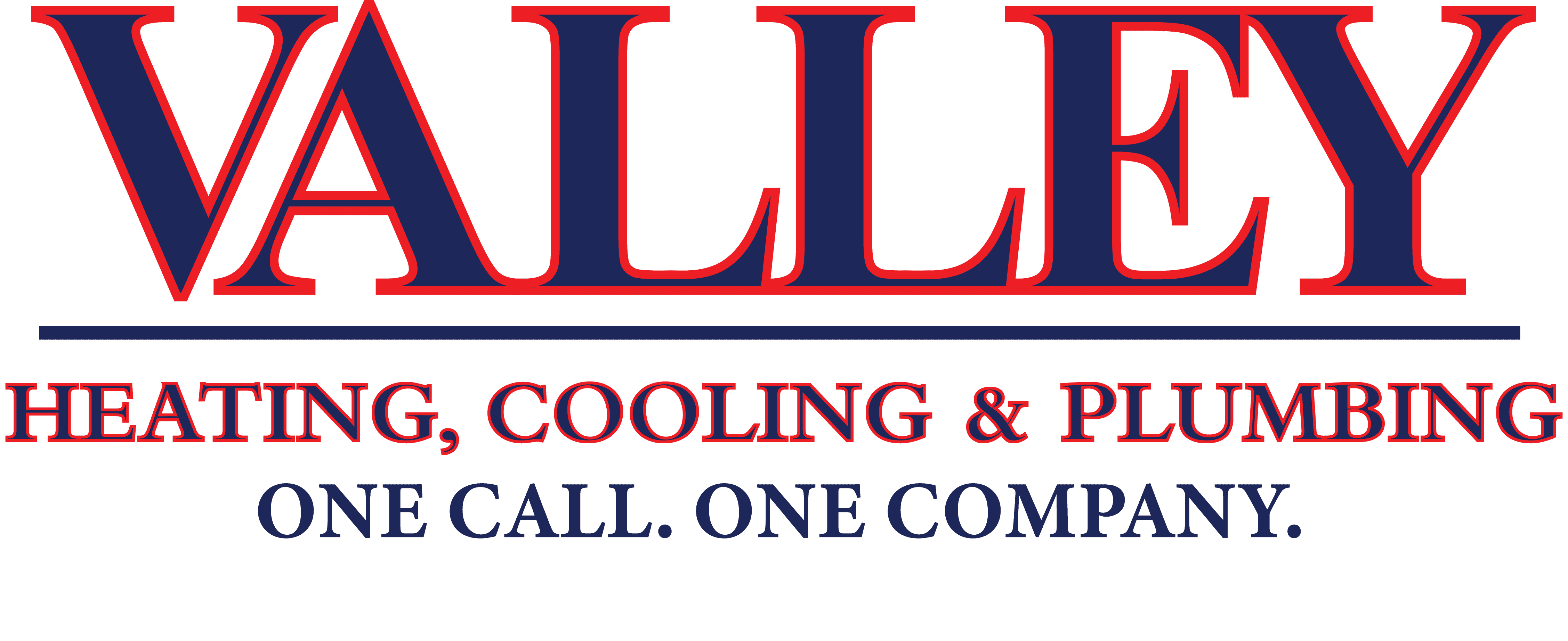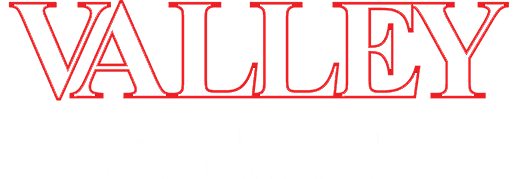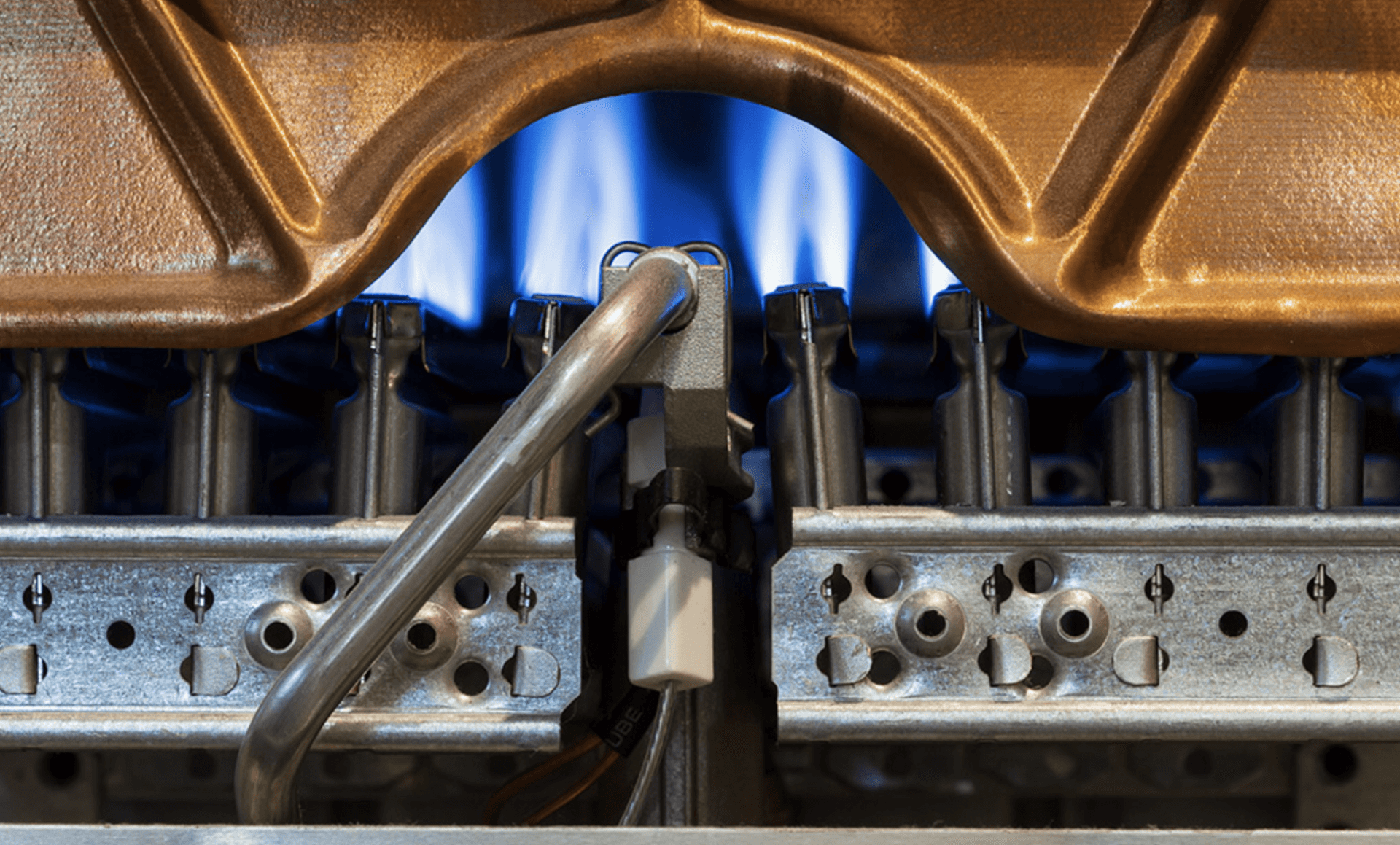If you have furnace in your home, you need to know these 5 important safety tips.
With winter on its way, homeowners across the Tennessee Valley are preparing their homes and hearts for the cold months ahead. Whether your family relies on a gas furnace or an electric model, now is the time to perform thorough safety checks and ensure that everyone is on the same page regarding best practices. As you continue to prepare the home, keep the following five furnace safety tips in mind.
1. Schedule an Annual Tune-Up Before Winter
Every furnace needs to be inspected and tuned up at least once a year. Some homeowners choose to schedule preventative maintenance visits in the spring or summer when there's no possibility of needing to use the furnace. If you've been putting off scheduling your tune-up, don't worry. Early fall is also a fantastic time to contact an HVAC technician for scheduled maintenance.
In addition to performing a full safety check, the inspecting technician will also tune up the entire heating system. In most cases, that means cleaning the inside of the furnace cabinet, testing the blower wheel, safety switches, and electrical connections and making adjustments as needed, adjusting the gas valve on gas furnaces, and more.
All of these steps can help to both reduce the risk of dangerous carbon monoxide leaks and improve the furnace's efficiency, which can save you money throughout the home heating season. You can check out the full ACCA standards for residential HVAC maintenance here to get a better idea of what to expect, but keep in mind that these tasks are best left to a professional.
2. Install and Maintain Smoke and CO2 Detectors
Both gas and electric furnaces can, if not properly maintained, pose a fire risk. You can minimize that risk by changing the air filters regularly to avoid the build-up of dust and keeping flammable or combustible materials away from the area around the furnace. However, these preventative steps don't replace the need for functional smoke detectors.
Experts recommend testing smoke detectors at least once a month. If you haven't been staying on top of this crucial home maintenance task, now's the time to get up to speed. Checking the smoke detectors now will give homeowners time to replace dead batteries or damaged equipment before they turn the furnaces on for the season.
For homeowners with gas furnaces, carbon dioxide (CO2) detectors are just as important as smoke detectors, if not more so. Every home should have at least one because CO2 leaks can be deadly. The toxic gas can be a byproduct of a malfunctioning gas furnace, which is part of why it's so important to schedule annual maintenance, and it produces no noticeable odors. The only way to be sure that your family is safe from CO2 poisoning is to install and maintain carbon monoxide detectors throughout the home.
3. Ensure Proper Airflow
There are three parts of the heating system that need to be checked regularly for obstructions. HVAC technicians always check these components during annual maintenance visits, but you should still perform cursory inspections at least once a month to reduce the risk of a furnace fire. Be sure to check:
Air Filters
When dust builds up on air filters, it doesn't just decrease the system's efficiency. It can also pose a fire risk. Most experts recommend changing the filters once a month, although your schedule may vary depending on how often the furnace is in use.
Air Registers
Not everyone realizes this, but homeowners should also be cleaning and inspecting the air registers at least once a month. Check for obstructions, vacuum up any lint, dust, or pet hair, and be sure that no more than 20% of the registers are closed at once. Excessive obstructions can cause a potentially dangerous heat build-up.
Flue Openings
The flue openings to your furnace must be clear so that the system can safely route dangerous gases like carbon dioxide to the outside of your home. It's a good idea to check them periodically for blockages, as both mice and birds love to nest within the flue openings.
4. Call an Expert for Repairs
There is a long list of tasks that handy homeowners can accomplish for themselves without the help of a professional. Furnace repairs don't belong on that list, though. Unless you or the family member assisting with repairs has dedicated training and experience working within the HVAC industry, it's not a DIY job.
The problem isn't just that you might hurt yourself or damage the equipment while making repairs. Incorrectly performed furnace installations and repairs can place the entire household at risk of both fires and CO2 poisoning. It's always worth calling a professional for help, even if that means turning the unit off and requesting emergency repairs.
5. Have a Plan in Place
Families should always have a furnace safety plan in place, especially in households with young children. Young children and pets should be excluded from the furnace area, and you should explain to older kids why it's important not to play near the home heating equipment. Go over basic guidelines such as keeping at least 80% of the air registers open and ensuring that the area around the furnace is unobstructed so that everyone is on the same page.
The primary purpose of having a furnace safety plan in place is to reduce fire risk. However, since it's impossible to reduce the risk of furnace fires to zero, every family should also have a clear evacuation plan in place. Designate a meeting point outside of the home and make sure everyone knows how to evacuate safely. You may also want to plan periodic fire drills so that no one forgets the safety plan.
We're Serious About Furnace Safety
Here at Valley Heating & Cooling, we're serious about furnace safety. Whether you want to schedule preventative maintenance or need immediate assistance with resolving a potential safety issue, we're here to help. Our technicians are all fully trained, certified, and insured, and each of them is committed to keeping local homeowners and their families safe and warm. You can reach out online or give us a call at (256) 474-7550 to discuss your HVAC needs.


